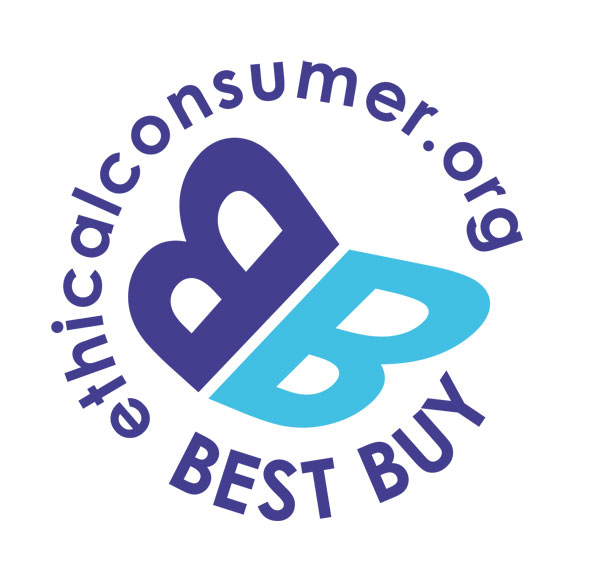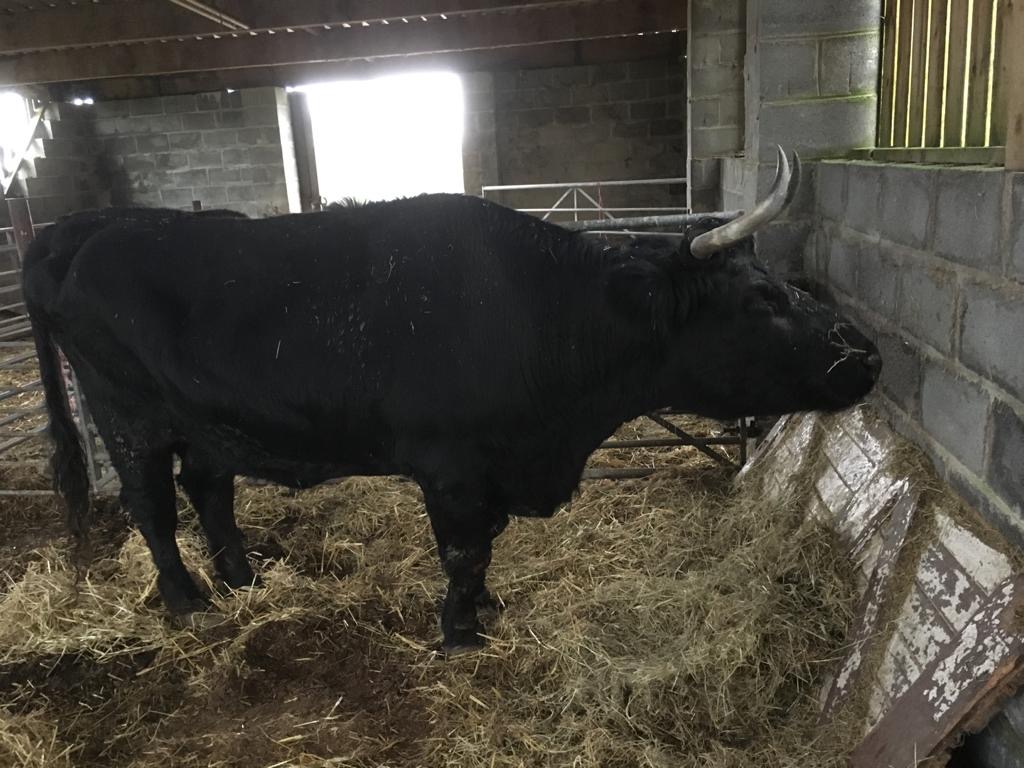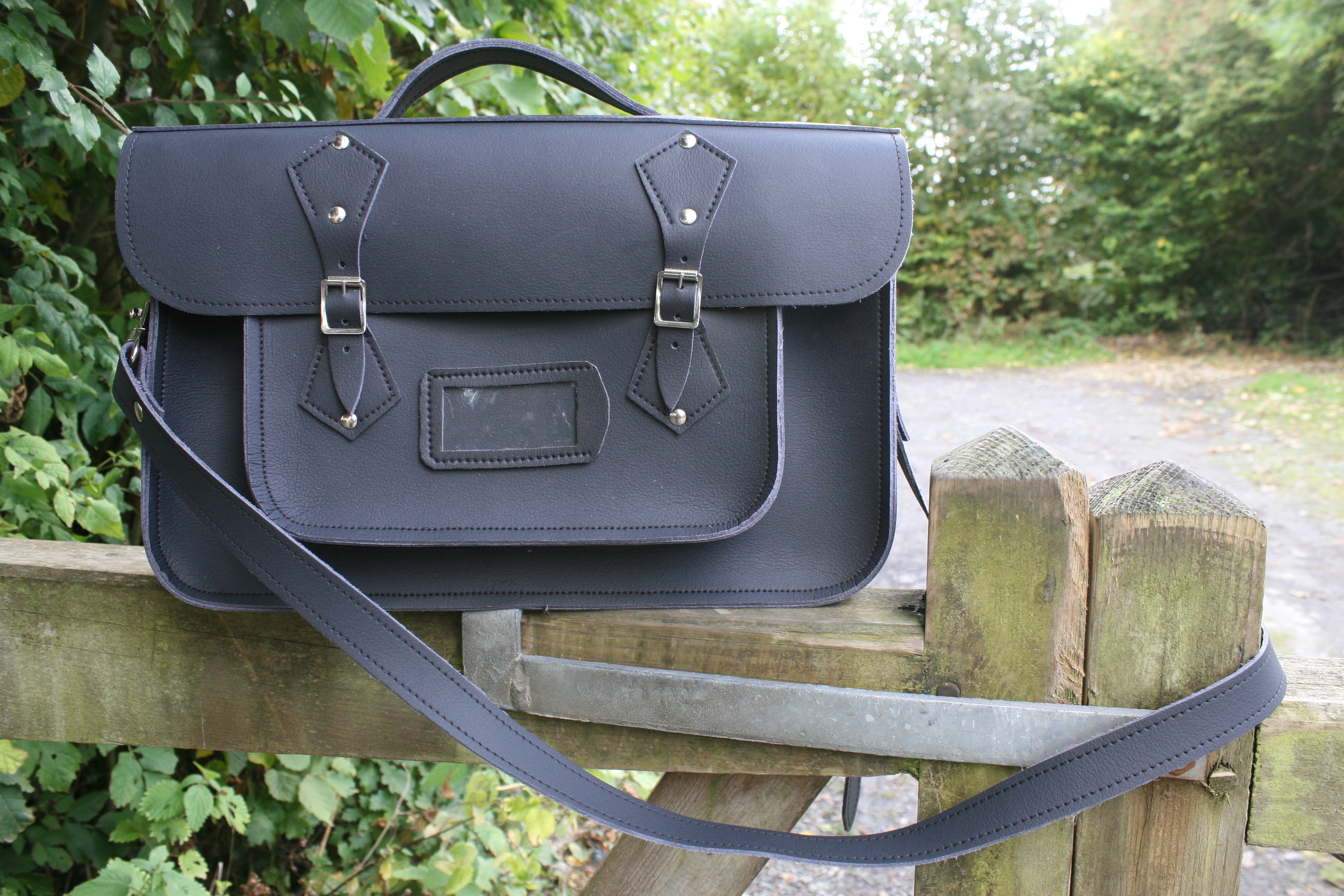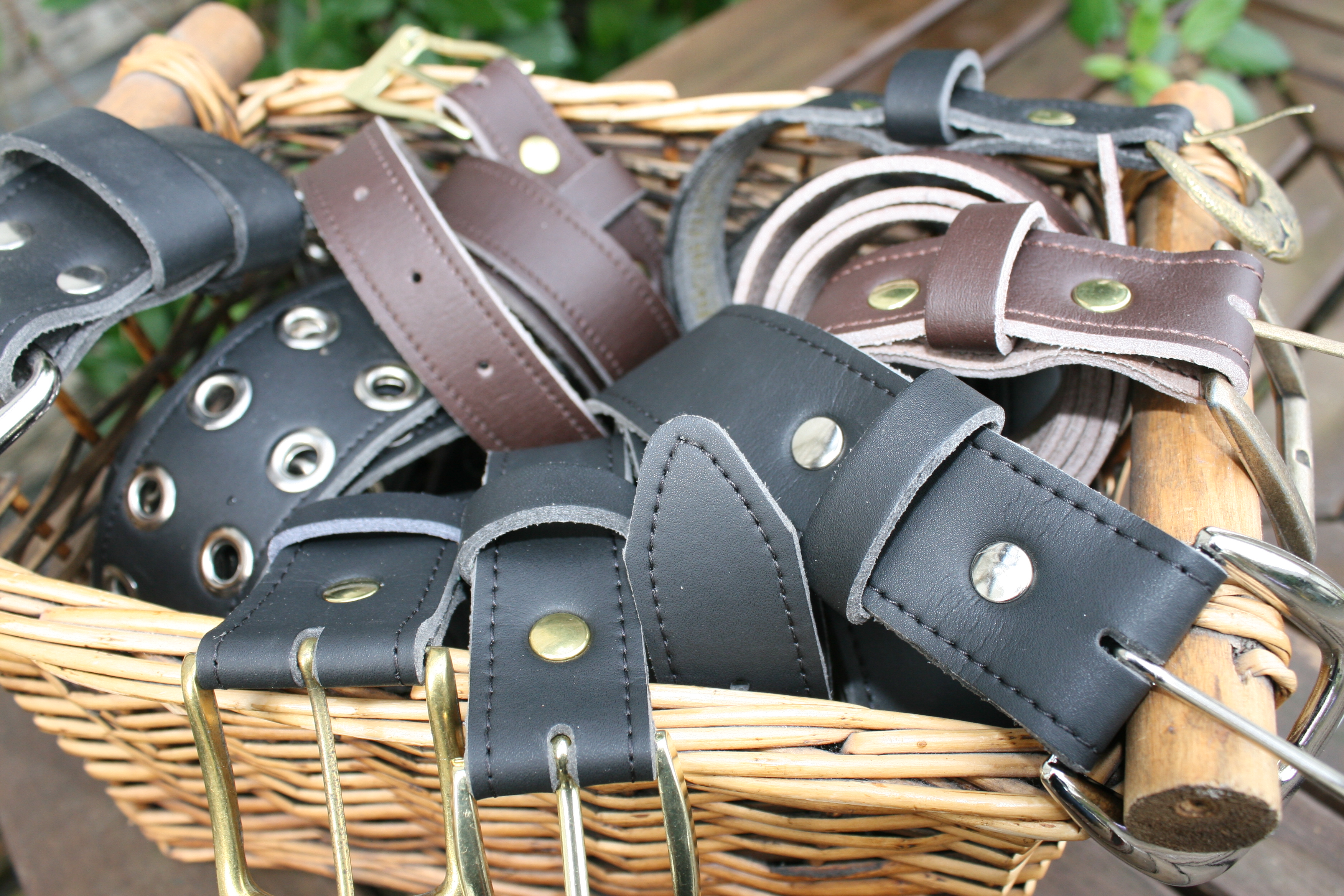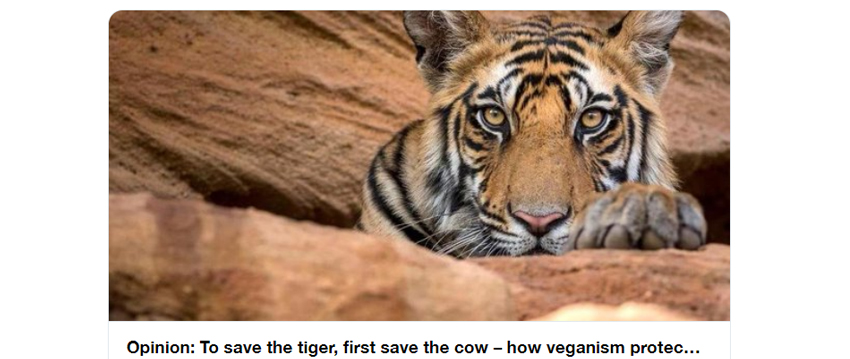![]() 100% Vegan
100% Vegan
![]() Established in 1993
Established in 1993
![]() Delivery Worldwide
Delivery Worldwide
![]() Peta Approved Vegan
Peta Approved Vegan
Recent Posts
- Buckland Boots being put to the test
- 30 Years
- Here’s a welcome headline on the BBC Sports pages;
- Helping Tibetan refugees build a bright future
- Helping Foxes in the South East of England
- The latest news from ethicalWARES
- Street Dog Care - £400 payment made
- OurLizzy
- ethicalWARES' Guide To Recycling & Upcycling
- Vegan design: 4 tips for transitioning to cruelty-free furniture in your home
Fairtrade Products: What Are They & Why Should I Buy Them?

There’s no doubt you will have seen this infamous logo printed on the side of much Fairtrade food or Fairtrade clothing products in your favourite retail stores.
Whilst we all recognise the Fairtrade logo as a symbol for an ethical good, do we really know what it means?
Fairtrade sets strict working standards and agreements that help to ensure farmers and workers get a fair price for their work and produce. By doing this they help to empower some of the most vulnerable people on the planet, uplifting entire communities and improving their everyday lives.
So, next time you pick up a Fairtrade product just remember that you are helping hundreds of hardworking people to live better lives.
Here is everything that the Fairtrade logo stands for and why it’s so important.
The History of Fairtrade and Their Mission
The Fairtrade Foundation was launched in 1992 by CAFDO, Christian Aid, Oxfam, Traidcraft, Global Justice Now, and the National Federation of Women’s Institutes.
Today, there are many more member organisations from all around the world who support The Fairtrade Foundation.
The Foundation is the UK member of Fairtrade International which encompasses over 20 labelling initiatives throughout the world, all dedicated to giving the people who produce our favourite goods a fair deal.
In their latest strategy ‘Fairtrade I Can, I Can’, the organization set out their vision to:
● Increase their impact on the most vulnerable farmers and workers across the world.
● Connect the UK public with those workers and farmers.
● Improve and innovate their standards so that they can help even more people.
●
Build an even stronger organisation.
Fairtrade is on a mission to ensure that all farmers, workers, companies, consumers and campaigners get a fair deal.
Their current focus is specifically on coffee, cocoa, banana, tea and flower farmers.
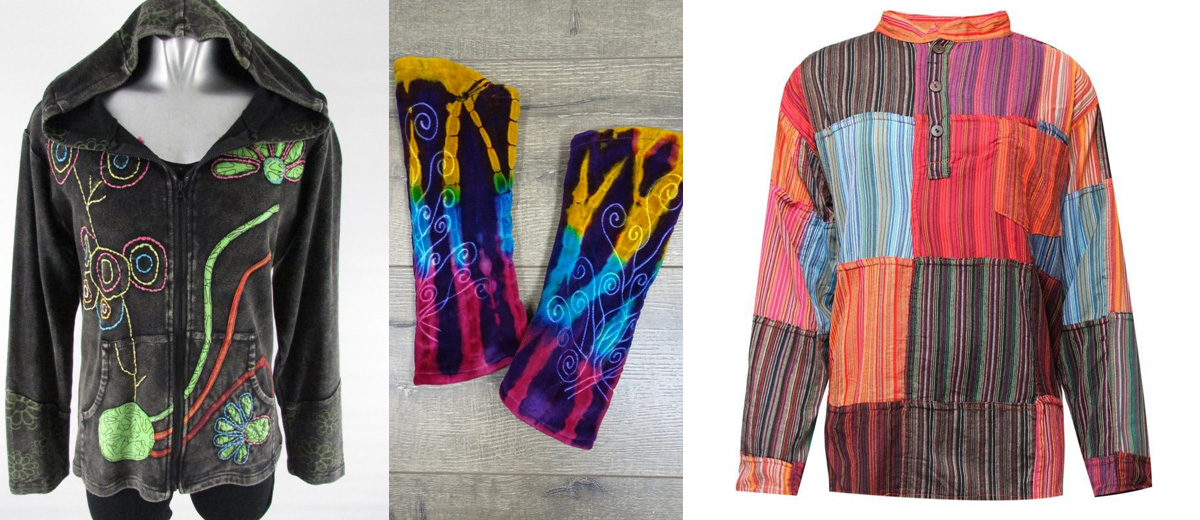
What Does Fairtrade Actually Do?
Fairtrade works tirelessly with companies, consumers and campaigners all over the world to help create a better deal for farmers and workers who help to produce the things we love.
They are on a mission to give farmers and labourers a fair price for their hard work and ensure that they have safe and legal working conditions.
By connecting farmers and labourers to the consumer, they hope to promote fairer trading conditions and empower those people.
Fairtrade accomplishes this by setting social, economic and environmental standards that benefit all parties involved - from the farmers, to the workers, to the businesses, to the consumers.
These include worker protection rights, environmental rights and the Fairtrade Minimum Price which ensures everyone gets a fair wage for their work.
All their standards are independently assessed and reviewed to ensure best practices are always maintained.
Fairtrade Facts & Figures
● In 2017, Fairtrade paid over €188.8m in Fairtrade Premium to producers.
● On average, each Fairtrade producer organisation received more than €118,000.
● Workers on Fairtrade certified plantations invested 50% of their Fairtrade Premium into education and housing services.
●
Small producer organisations invested 50% into farming including agricultural tools and inputs.
Why Do We Need Fairtrade?
In our modern world of fast and excessive consumerism, we have created a system which negatively affects the people at the bottom of the supply chain.
People that live in some of the poorest communities in the world are not getting a fair deal when it comes to the purchase of their labour and/or goods.
Many farmers and labourers who produce goods such as cotton, linen, cocoa and coffee are squeezed by large corporations who want to drive down the cost of their goods for consumers in the developed world.
This demand for fast, convenient and low-cost goods creates a poor and unfair working environment for millions of people in foreign countries.
Many of these people work incredibly hard, for long hours every single day, for a tiny wage. Their working conditions are often sub-standard with frequent accidents and health-related issues being reported.
Slave and child labour are also huge issues within our current consumer system. Companies that have become successful on the back of extremely cheap consumer goods such as Nestle, H&M, Phillip Morris, Sports Direct and New Look still use child labour even today.
Children as young as 14 can work up to 12 hours a day in countries like China, India, Myanmar and Pakistan making consumer goods for some of the top high street stores.
These companies are complicit in crimes against humanity and need to be held accountable.
When you buy Fairtrade products you can be assured that the goods you are buying are not the product of human exploitation or human rights violations.
Fairtrade ensures that what you buy is the product of a decent working system in which all parties receive a fair deal.
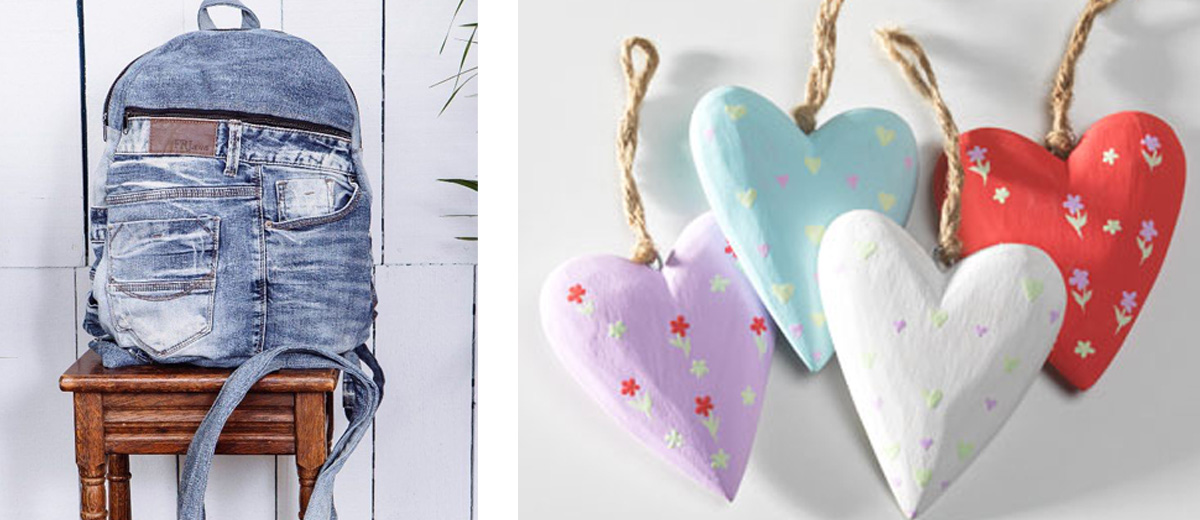
The Impact of Fairtrade
The strict Fairtrade standards put in place help to empower farmers and workers all over the world. They don’t just improve people’s working conditions and environment, they uplift entire communities.
This allows those communities to sustain a more prosperous life, allowing them to regain control over their own lives, feed their families, educate their children and live a more fulfilled life.
The impact of Fairtrade standards is not just measured in monetary gains but by the improvement to people’s standard of living also.
Fairtrade’s commitment to continuously evaluate and learn about its own impact allows them to further improve their operations - which helps them to help more people.
The Fairtrade Minimum Price allows farmers to become income-secure and less vulnerable to poverty.
Fairtrade empowers entire communities to uplift themselves out of destitution and helps them to organise into cooperatives. This allows them to improve their negotiating position within the supply chain.
The Fairtrade standards incentivise farmers to farm better, reduce carbon emissions, improve soil health, protect biodiversity and move away from harmful pesticides and chemicals.
Fairtrade standards also help vulnerable farmers and workers to understand their rights, improve their negotiations, protect their lands and help them to invest their profits into housing, education, medical facilities and sanitation.
Why Should I Buy Fairtrade Products?
We should all buy Fairtrade products because everyone deserves a fair deal in life, from the farmer to the consumer.
As conscious human beings, we should help to uplift the people that work so incredibly hard to provide us with the goods we know and love.
When you buy Fairtrade products you are voting for a fairer, more equal, sustainable and brighter world.
Together, we can make the world a better place, we just have to make the conscious choice to do so!
This can be as simple as buying products that use the Fairtrade logo.
How Do I Get Involved?
Here are some simple ways you can support Fairtrade on their mission right now:
●
Make a donation.
●
Create a fundraiser.
●
Join one of their current campaigns.
● Join them at the upcoming Fairtrade Fortnight 2020 taking place 24 February - 8 March.
● Browse our online Fairtrade store for many great ethical products.
Happy birthday Aunt Dotty! A 20 year old cow rescued from the dairy industry
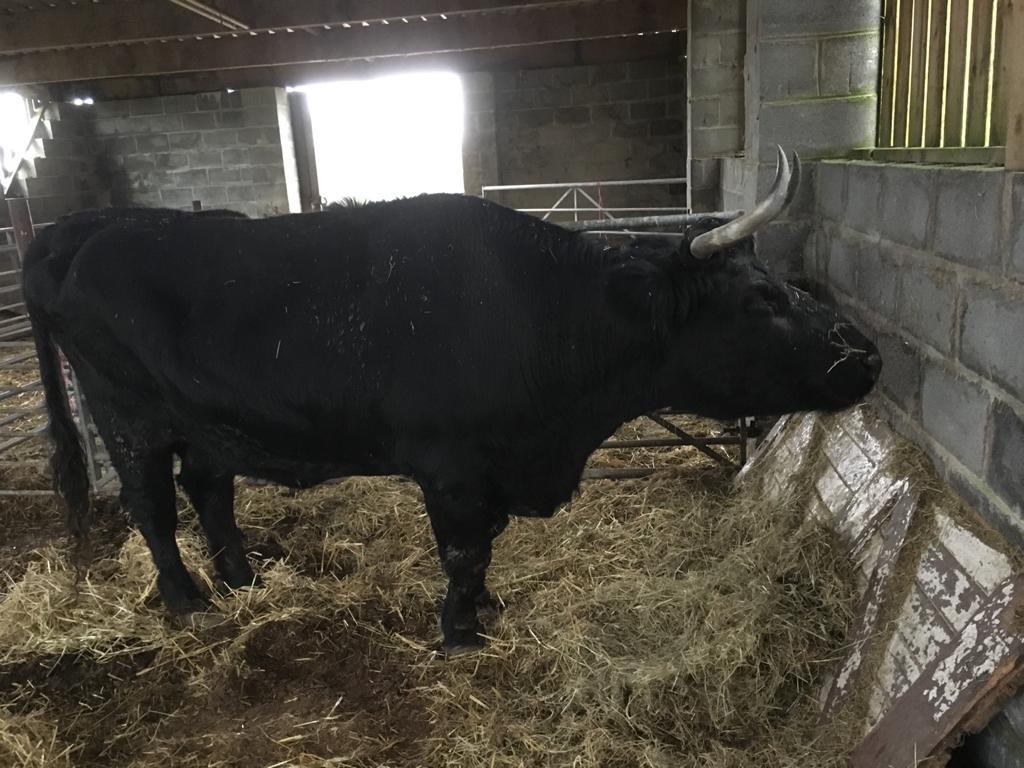
Who is Aunt Dotty?
Our magnificent Aunt Dotty was born 20 years ago on 24th January 2000.
She came to live with us when we heard she was due to be sent to the slaughterhouse as she could no longer produce the calves she needed to make the milk her previous ‘owners’ wanted. Such is the lot of the average dairy cow. We couldn’t allow this to happen so here she came, 12 years ago now.
Age has caught up with her this year and she has just got over a health scare which we didn’t think she would survive – but she did, bless her! We hope she’ll be celebrating many more birthdays with us for a long time to come.
Happy Birthday Aunt Dotty!
Please read on for more information about the cruel dairy and leather industries.
The Dairy Industry
In order for the dairy industry to continue operations, cows are required to continuously provide their milk. This milk is then processed and sold off to companies where it is used to create thousands of different consumer goods such as bottles of milk, cheese and yoghurts.
For a cow to keep on providing her milk she must go through a cycle of pregnancy and giving birth. To do this, farmers artificially inseminate the cows so that they can fall pregnant. There are a number of serious ethical concerns surrounding this cycle in the dairy industry.
Captivity
Cows in the dairy industry are born into captivity and spend most of their lives feeding and being milked.
Many cows caught up within the intensive dairy industry may never set foot onto a beautiful green field as so often portrayed in many of the dairy marketing campaigns we see on TV.
During their captivity, they spend most of their lives immobilised, feeding and having their milk taken from them. This is no life for any animal.
Many cows never get to perform any of their natural behaviours or instincts. Life on a dairy farm is miserable for a cow.
Birth
When a cow gives birth, her calves are usually taken away within just 24 hours of their lives.
Should the cow give birth to a male, he could be slaughtered within just a few hours or sold off to be reared for veal.
The female calves are moved to their own confined housing unit away from heir mother and to be fed formula and prepared for the same awful cycle as their mother.
This experience is highly distressing for the animals with many mother cows crying out for days or even weeks after they have had their calves taken away from them.
A dairy cow will have to go through this process 4 or 5 times until she is no longer able to give birth anymore. At this point, the cow is considered ‘spent’ and she is sold to be slaughtered so that her body can be butchered and sold as meat.
Infection
The milk yield for dairy cows on an intensive farm is unnaturally high which causes over a third of all dairy cows to suffer from mastitis. This is a nasty and incredibly painful infection for the cow.
If the infection worsens the cow is usually culled as a result. In fact, mastitis is the number one cause of premature culling in the dairy industry.
Life Expectancy
Like Aunt Dotty, a cow free from exploitation may live to the age of 20-25 years. In the dairy industry, the average lifespan of a cow is just 7-8 years, at which time they are slaughtered.
During their short unnatural lifespan, they spend the majority of their lives pregnant and being milked continuously.
Even in the UK, a country with one of the highest animal welfare standards in the world, cows are still exploited, separated from their mothers, used and discarded when they can no longer produce milk.
The Leather Industry
Once a cow has been slaughtered for the meat industry, her skin is sent off to the leather industry to be made into one of the thousands of common leather products such as handbags, belts, wallets and shoes.
Dairy cows might spend 7-8 years of their lives in confinement, giving birth multiple times, being milked continuously only to be slaughtered for meat and her skin then sent to a leather production facility.
This lifetime of exploitation and abuse is rarely mentioned when discussing the ethical implications of leather. The discussion mostly surrounds the issue of pollution created by the manufacturing of leather goods through its intensive use of natural resources and fossil fuels.
Some animals are purely bred just for their leather, as seen in the fur industry, which has almost been completely ostracised by the fashion world and general population.
There is Another Way
Veganism has gained serious momentum over the last few years with more people than ever committing to a vegan lifestyle.
This rise in demand has been heard by companies all over the world, creating waves of new alternative vegan products for both dairy and leather.
The vegan dairy industry has seen a huge number of new products come to market with tremendous success, most notably a wide range of plant milks, which can now even be bought in budget supermarkets such as Aldi and Lidl.
Most major supermarkets now sell plenty of these vegan dairy products including entire vegan ranges of milk, cheese, yoghurts and ice cream.
The vegan leather industry is now seeing a huge rise in popularity too. Thanks to the recent surge of veganism, a bit of money and a splash of innovation, there are some remarkable vegan leather products on the market that are produced using mostly natural or recycled materials.
Non-leather wallets, non-leather handbags and vegan-friendly boots are the most popular products currently being produced. Here at ethicalWARES we’re proud to have been selling non-leather, cruelty free footwear and accessories since 1993.
Vegan leathers currently on the market are mostly made using eco-materials such as pineapple leaves, cork, apple peels, recycled plastic and paper and other waste materials.
It’s been predicted that the vegan leather industry could be worth as much as $85 billion by 2025.
The Bottom Line
The continued rise of veganism is inspiring new innovation which is helping to create wonderful alternative products that are not only cruelty-free but less resource-intensive and friendlier to the environment.
It’s clear that not only vegans but a lot of the general public also want to see more cruelty-free products to replace those that are a product animal exploitation.
As the world slowly wakes up to the exploitation and mistreatment of animals in the production of their everyday foods and consumer goods, it’s inevitable that we will continue to see new vegan alternative products being launched.
Great news for cows all over the world, as well as for us consumers!
We hope that you’ve found this article informative, and if you haven’t yet ditched dairy or leather goods, that you will seriously consider doing so. If you need some ideas for new non-leather shoes, belts or accessories, check out the ethicalWARES online shop for inspiration!
Vegan Accessories: A Guide to Cruelty Free Bags, Belts & Wallets
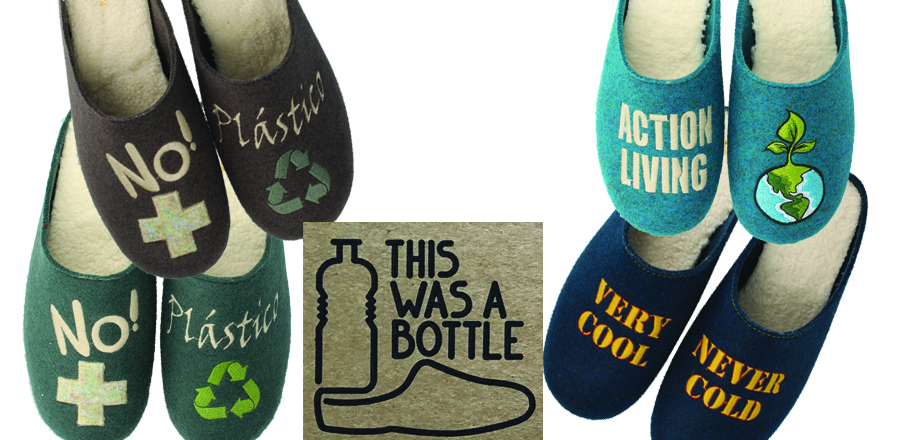
Trying to live a cruelty-free life can sometimes be tricky, especially with so many products on the market that don’t list all of the materials that they are made from. It is particularly frustrating when it comes to accessories, where leather products seem to be the default - in most instances with tags saying ‘real leather’ used to indicate the quality of an item.
Yet what if your want a bag, belt or wallet that is of high quality, but not made from animal skin? What choices do you have available?
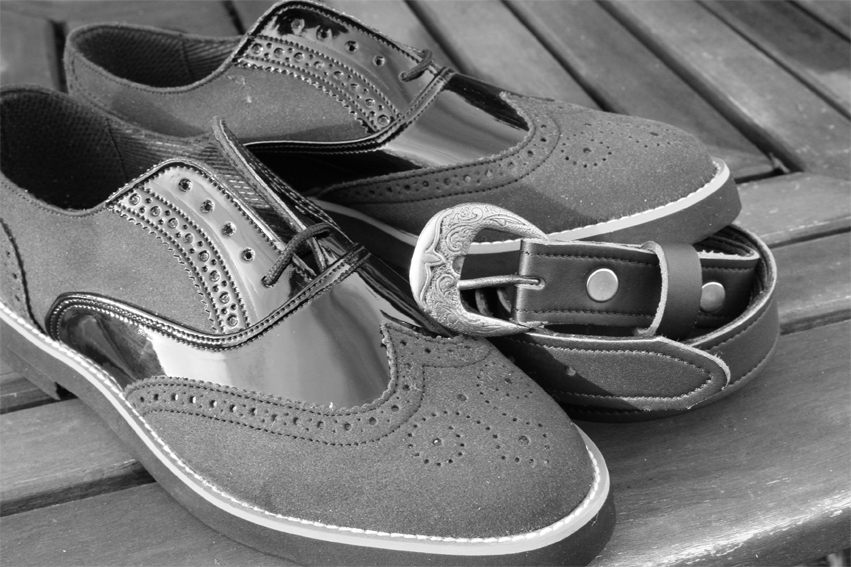
The Issue with Leather
If you want to live a life away from cruelty to animals, then naturally you will want to buy vegan leather alternatives. After all, so many animals every year are killed just to make leather for belts and high-end accessories - it’s not just a by-product of the meat industry, like many believe.
Lots of animals are bred purely for their leather, making the leather industry just as bad as the fur industry in this case. Nowadays, much of the public is against wearing real fur, so why isn’t the reaction to leather the same?
Environmental Impact
The environmental impact of leather production can’t go unmentioned. Not only are the cattle bred for leather adding to the emission of climate damaging gases, but the process of curing and tanning leather for use in accessories is also dangerous for our planet.
Real leather is very expensive to produce. The tanning process is the only way to turn it from animal hide, to a product that is usable. This uses a series of harsh chemicals, including one called chromium which has a potentially devastating impact on the environment.
Tanning leather also uses up gallons of water in this process, as well as in making the runoff from the chromium safe enough to be released. It is so toxic that it has to be specially processed, using up even more energy and clean water.
The Alternatives
What exactly are the alternatives when it comes to leather? It’s been around for so long simply because there hasn’t been a material like it. Yet if you look hard enough, companies such as our own have started to produce accessories that are 100% cruelty free, including the glue which previously was always made from animal parts!
There are lots of alternative materials out there that are perfect for creating everything from cruelty free belts to vegan wallets.
1. Vegan Leather
Vegan leather is improving every year, and it has now reached the stage where it is essentially unrecognisable from the real thing - good news for animals everywhere! You’re no longer stuck with cheap and peeling PVC but vegan leather of the highest quality that is strong, durable, and perfect for ladies’ purses and bags, as well as vegan men’s accessories like wallets.
2. Hemp
Hemp is another wonderful natural material that can be used to make the most amazing cruelty free accessories. It’s a traditional material that has been used for years to make rope. Now it is used to make canvas bags and even shoes in a sustainable and renewable way. Hemp is something of a wonder plant, and requires no pesticides to keep it healthy, further cutting down on its environmental impact.
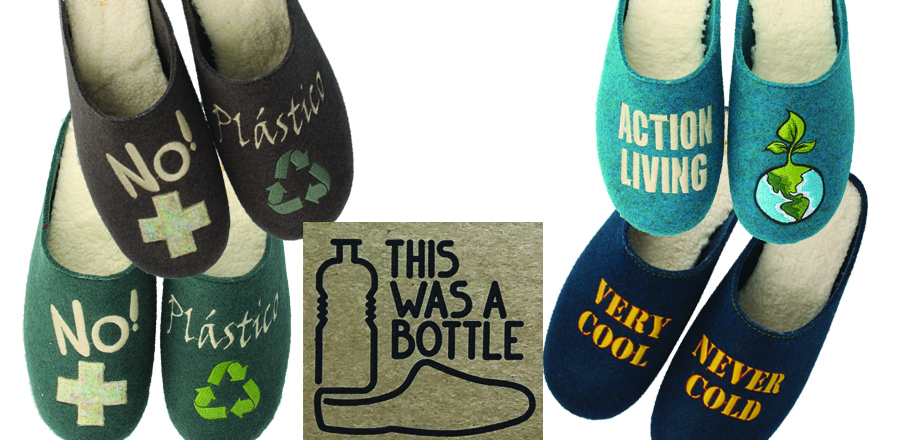
3. Recycled Material
If you can buy your vegan wallets made of recycled material, then you should. Not only can you find ones that are made from cruelty free material, they are also wonderful for the environment because you are re-using material that would otherwise have either ended up in landfill or incinerated. A fantastic new addition to our footwear range here at ethicalWARES are these vegan recycled slippers - which are made entirely from recycled plastic bottles and organic cotton!
What Vegan Accessories Can I Buy?
There is a whole range of options available for you if you want your accessories to be vegan. Here’s a rundown of some of the top products that ethicalWARES produces.
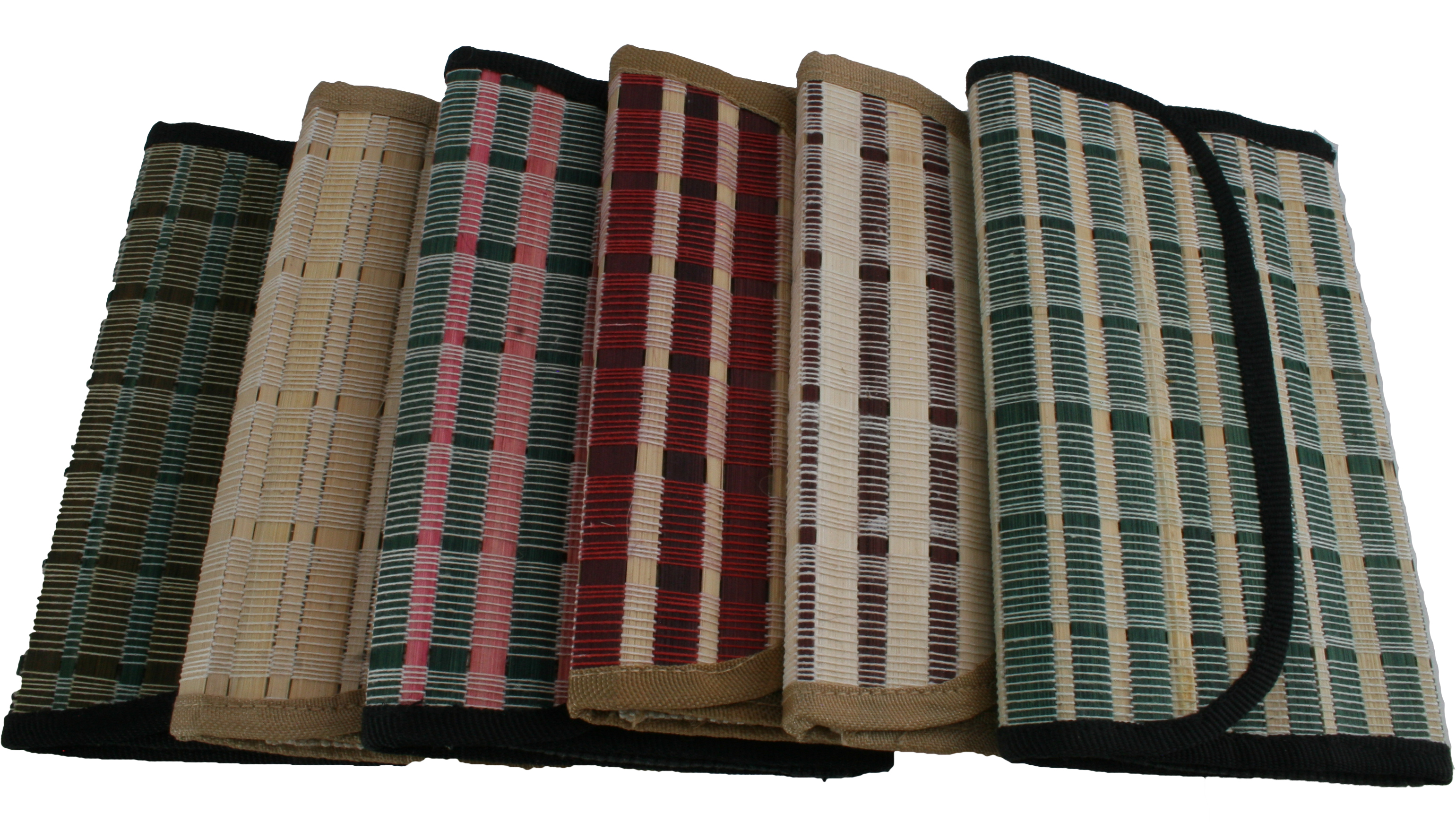
· Cruelty Free Wallets and Purses
Animal and eco-friendly wallets are just one of the popular items that ethicalWARES understands there is a need for in today’s market. Brightly coloured and inexpensive, we sell beautiful wallets made of a range of ethical materials including bamboo – a sustainable material that has seen a surge of interest in recent years.
· Vegan Bags
Do you dream of a cruelty free version of the school satchels that never go out of fashion? If so, look no further, ethicalWARES has you covered. Available in both black and purple, this satchel makes all of your vegan leather dreams come true.
· Eco-Friendly Belts
One of the most difficult items to purchase when buying cruelty free is a belt. While you don’t want it to be made of leather, you also want it to be high quality. Luckily, help is at hand with our beautiful range of vegan leather belts.
At ethicalWARES, we pride ourselves on providing only the best in cruelty free accessories. So, whether it’s for yourself or for a gift, you can’t go wrong with our range of vegan wallets, bags and belts!
Ethical Christmas Gifts: How To Buy Fairtrade & Vegan Presents
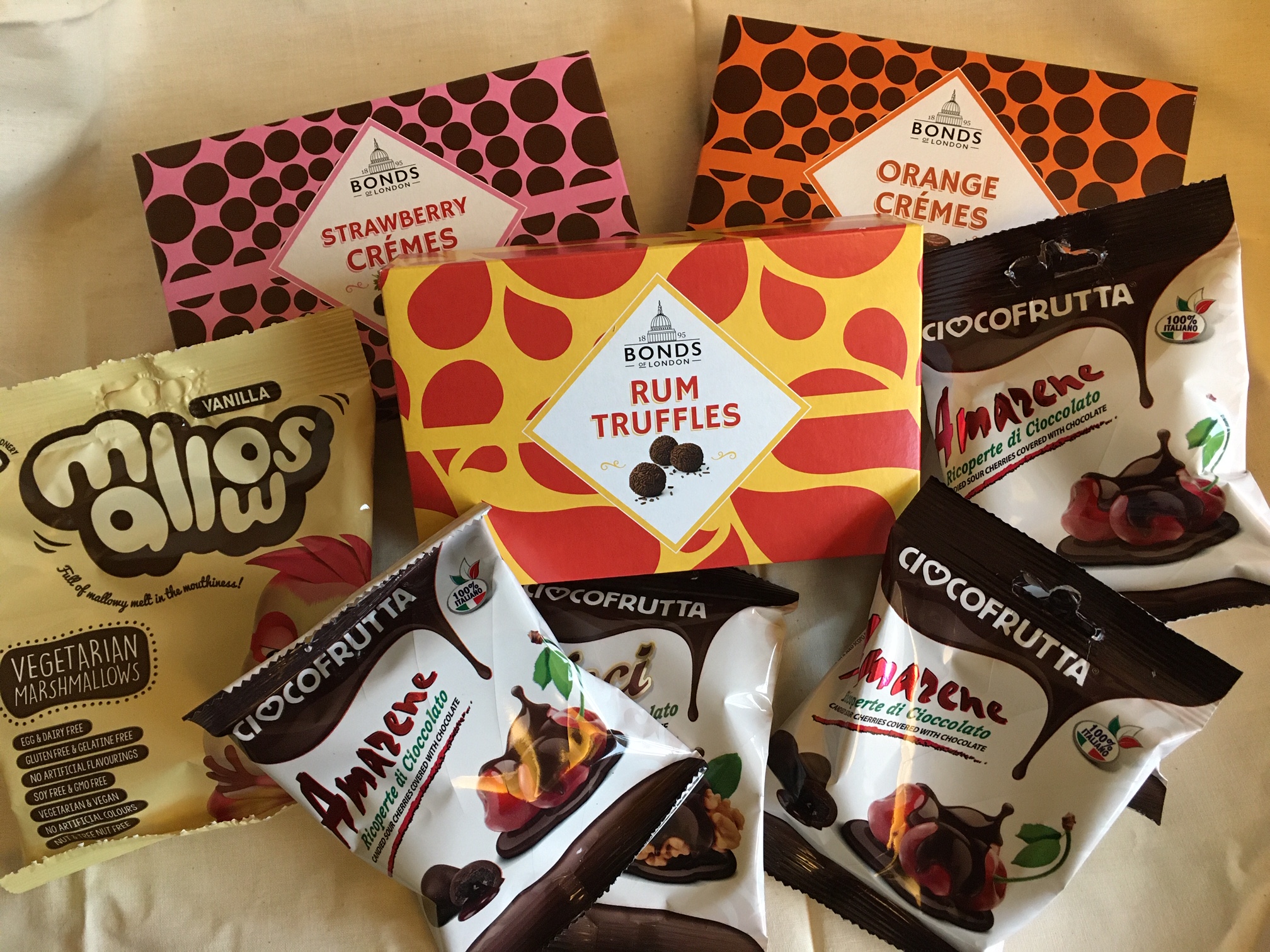
As we get closer and closer to Christmas, ‘present panic’ becomes an all too common feature in our lives. Not only from lack of gift ideas for your work colleague, your dad, or even your other half, but also from the difficulty of trying to shop in the most ethical way possible.
During the pressure of Christmas shopping, the ideals that we uphold throughout the year can occasionally be thrown aside for convenience when choosing gifts.
But it doesn’t have to be this way. We’ve created a list of ways in which you can shop ethically for Christmas gifts!
How to Shop Ethically for Christmas Gifts
While it is possible to shop ethically at Christmas time, many people get caught up in the rush to buy for everyone – after all, who doesn’t like a present? In response to this, the highstreet becomes flooded with cheap imported products.
There are many issues with this. One issue is that in order to keep costs down, a lot of cheap plastic is used, which is dangerous for the environment. Another is that we really don’t know where our products are coming from.
Consider the disaster that happened in Rana Plaza in 2013, when 1,134 people died after a factory in Bangladesh collapsed. Just consider the working conditions that these people would have had even before this catastrophe. Is this the type of place you want your Christmas gifts made in?
Here at EthicalWARES we are very careful to source our products and, whenever possible, we use UK suppliers.
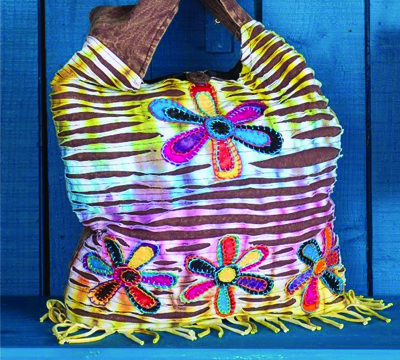
Fairtrade Gifts
One of the best ways to ensure that your gifts are produced in an ethical way, and that the workers are getting fair wages, is by looking for items that are advertised as Fairtrade.
Giving a Fairtrade gift means that you are not only making your loved one feel special, you are also helping others to make a living.
Fairtrade jewellery is always a popular item, as it’s both unique and handmade.
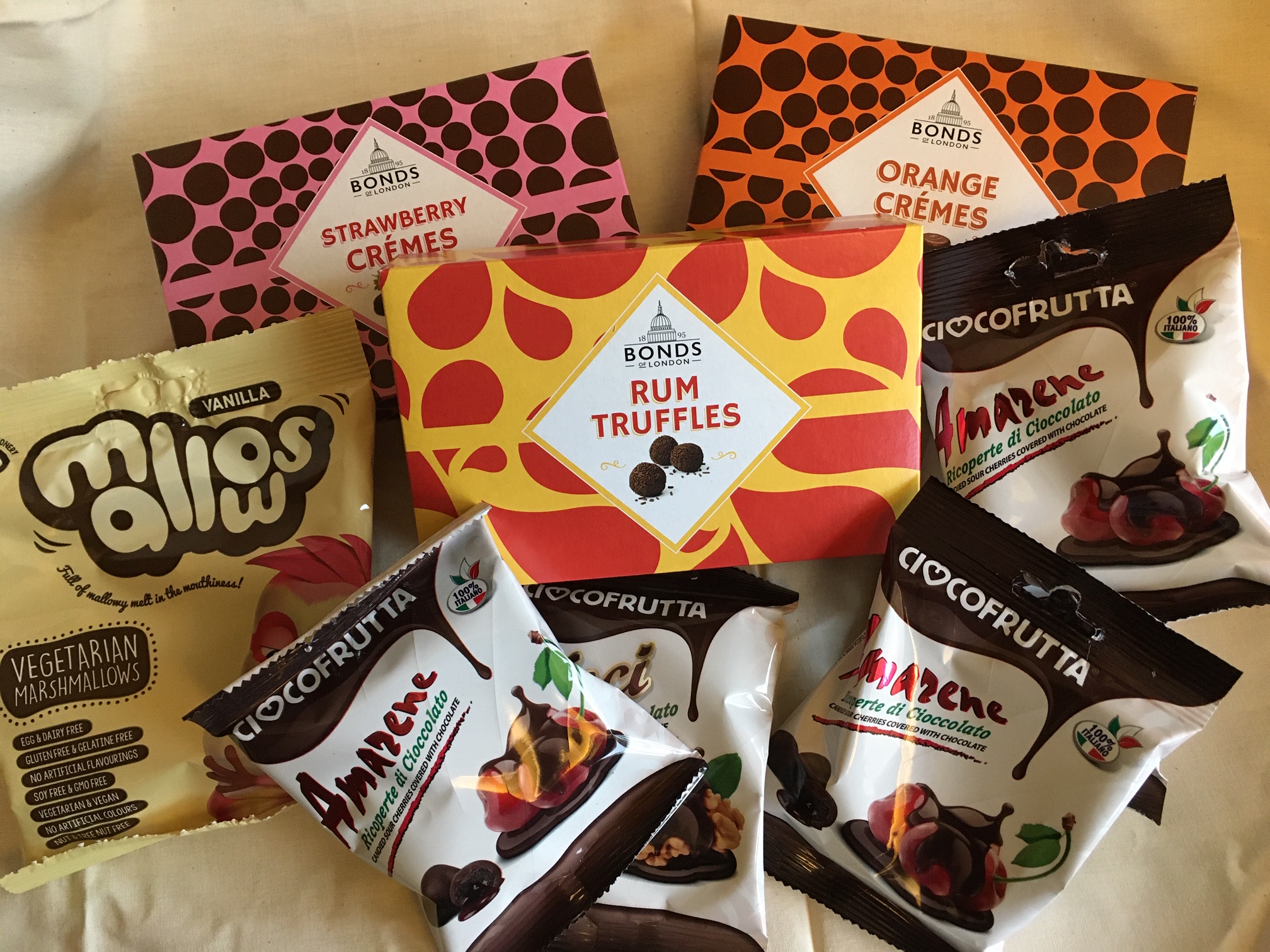
Vegan Food Gifts
If you are looking to buy ethically, and you know that you have a work colleague who’s vegan, then why not buy them some vegan food gifts?
Even for those people in your life who aren’t vegan, gifting them a taste of some luxury vegan gifts can show them that buying ethically doesn’t mean compromising on taste.
Christmas seems to revolve around food, but it’s easy to still be a part of this while not eating animal products. Everyone around you is sure to be amazed at just how good a vegan Christmas dinner can be.
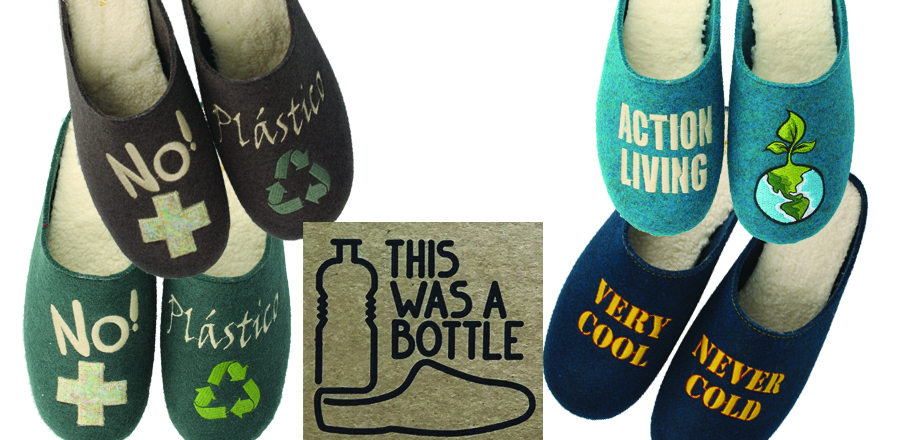
Ethical Clothing Gifts and Accessories
Everyone likes receiving clothes as a Christmas gift. Yet with so much ‘fast fashion’ out there, it’s all too easy to buy something that has been made in a sweatshop, contains animal products, or simply won’t last that long.
Whether you are looking to gift your loved one a pair of 100% vegan boots, or are just trying to find some great value ethical gifts under £10 for a colleague, EthicalWARES have you covered.
And just coming into stock for Christmas are some amazing slippers made from a mix of recycled plastic bottles, organic cotton and recycled rubber soles! Very ho, ho, ho!
Choosing a gift for the man in your life can often be particularly tricky but we try and take the pain out of finding a suitable present for them. From gardening pouches to vegan leather tool holders, you can always find a great vegan gift for men here at EthicalWARES.
If you have a lot of people to buy stocking filler gifts for this year, or you need to find a low cost Secret Santa present for work, it is absolutely possible to even find some great vegan gifts under £5. Being ethical doesn’t meant breaking the bank!
Wrapping your Gifts
One of the main environmental impacts of Christmas is the sheer waste that comes from all of the packaging that gifts arrive in, much of which isn’t even recyclable.
Before you go to the shops to buy wrapping paper, consider if it’s really needed. Could you put your gift in a re-usable bag? If you do want to wrap things, why not go retro with brown paper and string? This is all recyclable and so much better for the environment!
When buying gifts online, check to see what packaging it comes in, as many ethical companies are already trying to reduce the amount that they use. Here at EthicalWARES we try to reuse as much packaging as possible, in an effort to get ever closer to zero waste.
From Fairtrade gifts to vegan chocolates, it’s easier than you might first think to shop ethically at Christmas. Staying true to your values means that you are giving people a gift that shows you really care – instead of just picking up the first thing that you see, with no thought about the consequences that buying it has.
Goodwill to all people means exactly that, which is why shopping ethically shows the true spirit of Christmas.
We wish all EthicalWARES customers a very happy Christmas!
Vegan Footwear: Why We’re Passionate About Cruelty Free Shoes
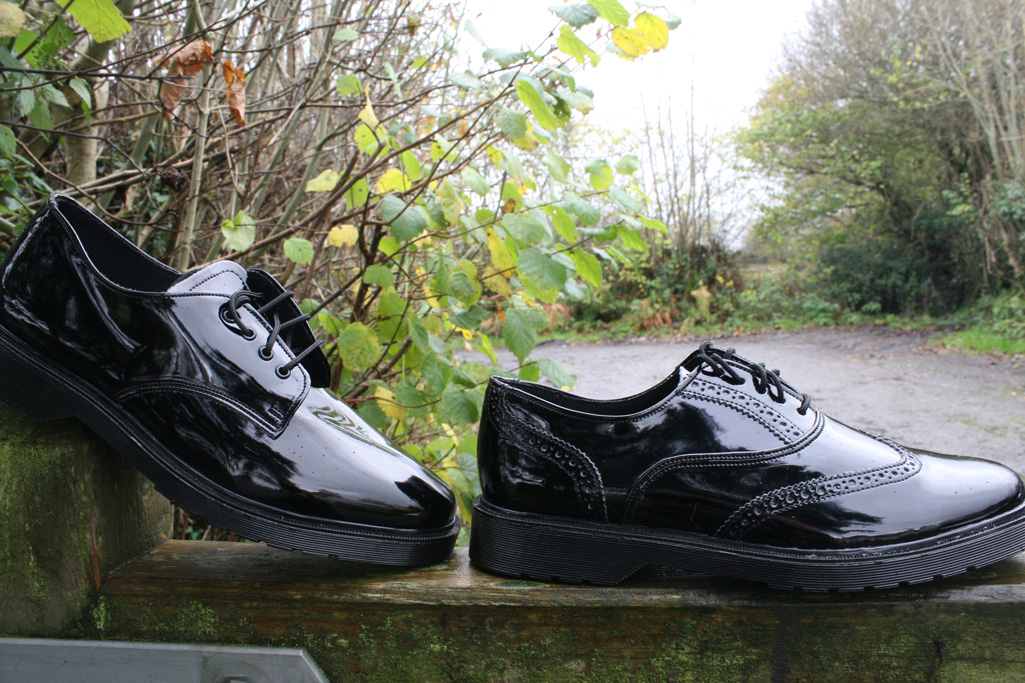
We set up ethical WARES as a way to bring cruelty free footwear to those who wanted them.
While we started off small, we now have over 500 vegan products for sale. Our goal right from the start was to provide people with the items they needed without causing harm to animals, and our customers agree.
When we started in 1993 it was really difficult to get a pair of 100% ethical vegan shoes, and we believed that needed to change.
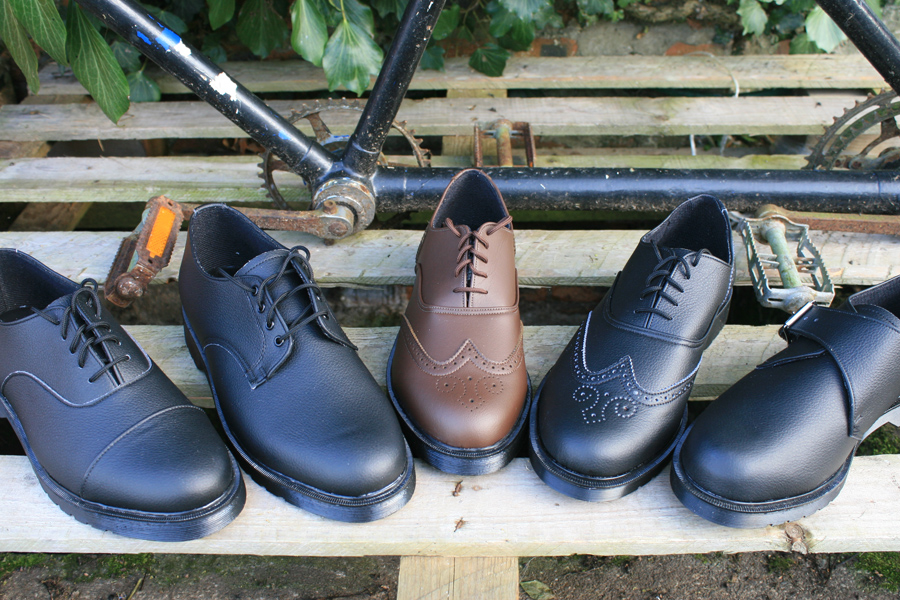
Why We Think It’s Important to Buy Vegan Shoes
For years we’ve been advocating for vegan shoes and accessories through our website, and our reasons for this only make us more and more determined to keep going and provide you with the shoes that we believe everyone should be wearing!
Here are a few of the reasons why we’re so passionate about selling vegan footwear.
It Helps To Stop Animal Cruelty
Every year, animals are killed for their skin to be used for fashion. We believe that this is wrong, and that alternative ways are out there to clothe ourselves.
No animal needs to die in the name of fashion. Unfortunately, finding vegan shoes is difficult unless they are certified. This is because some glue found in shoes can be made using animal products, so even if your think it’s safe to buy a pair of canvas shoes, they might not be vegan.
All of our shoes are guaranteed 100% cruelty free and we have even been approved by PETA (People For The Ethical Treatment Of Animals).
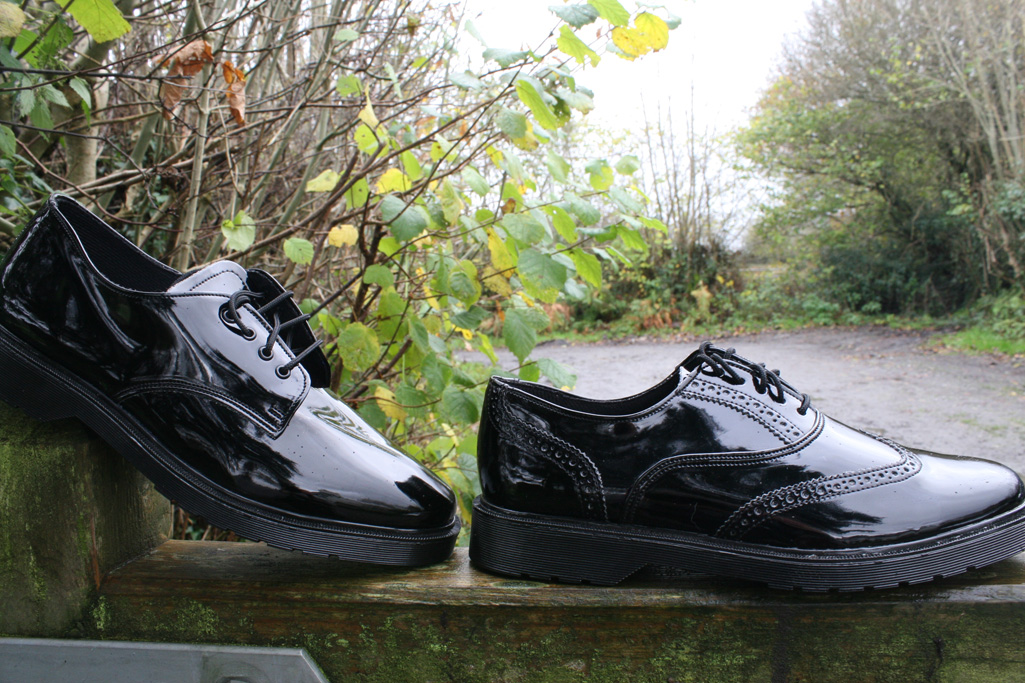
It’s Better for the Environment
If we use more natural products, then it takes less of a toll on the environment. It means looking at natural alternatives to some of the plastics we use, but also turning away from animal leather.
Leather production uses up a huge amount of energy and water, not to mention nasty chemicals, in the curing stage.
If we can use organic cotton, cork, and recycled rubber in our shoes, we are doing our bit to tackle environmental destruction and climate change.
It Supports Fair Trade
It’s not just animals that we care about. We’re determined that all of our manufacturers provide their employees with a living wage and good working conditions. We support our local UK economy as much as possible and many of our accessories proudly display the Fair Trade logo.
We hope that by doing this we are encouraging positive change for both humans and animals.
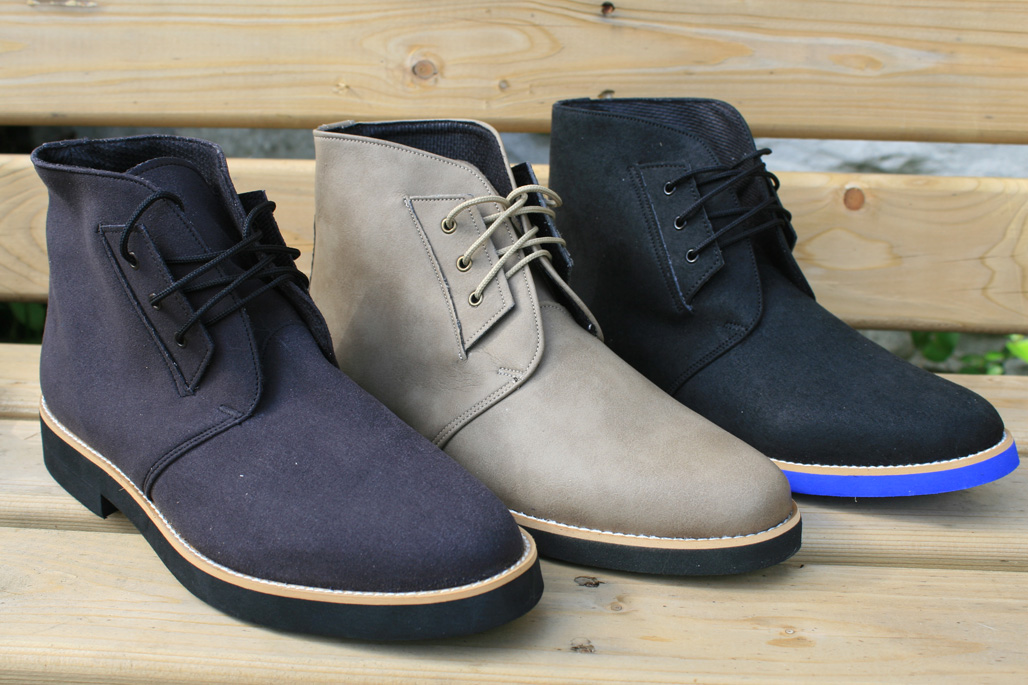
What are Vegan Shoes Made of?
Many people ask what material shoes are made of to qualify them as vegan, and the answer is that there’s a whole range of both synthetic and natural materials out there that are animal and cruelty free.
We try and stick to the products whose manufacture causes the least harm to the environment, and every year there are new ways to make synthetic material that perform as well as, if not better than, materials made from animal products. They provide all of the ‘benefits’ and none of the cruelty, allowing the creation of a huge range of footwear, from the most comfortable vegan suede shoes to the toughest non leather safety boots.
In the coming months we'll also be stocking some very funky vegan slippers made from recycled plastic, as well as sneakers made from a variety of recycled materials.
Cotton for Vegan Work Shoes
For cruelty free work shoes, there are a wide variety of materials available. Cotton is always a popular choice, particularly in the summer months, as it allows your feet to breathe in the heat.
When cotton is sourced organically, it is very environmentally friendly as well as vegan, so it ticks all of the right boxes. One of our favourite cotton shoes are these vegan sneakers by Ethletic.
Gone are the days when you could only buy one type of certified vegan shoe. Now you can purchase shoes for any occasion, from vegan smart shoes to practical work safety boots.
Here at ethical WARES we are proud of our products and pleased to be doing all that we can to bring you cruelty free, vegan, high quality footwear. We’re confident that you’ll like them and that they’ll give you years of service!
Summers here so what about this fab Flan recipe
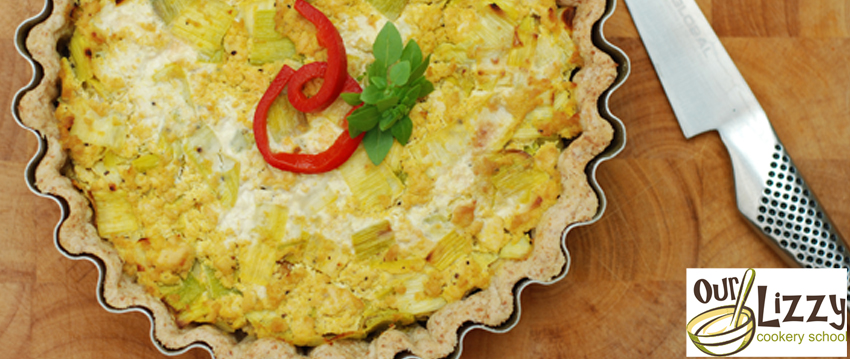
Our Lizzy’s Leek and Tofu Flan
• Short crust pastry from 250g flour
• 1 block of firm tofu/1 pack long life tofu
• 1 large leek finely sliced
• 4 tbsp nutritional yeast flakes
• ¼ tsp bouillon powder
• pinch of turmeric
• salt and pepper to taste
• 2 tbsp rapeseed oil
Heat oven to Gas Mark 6/200°C. Roll out the pastry; put it in an average size flan tin. Prick with a fork. Place greaseproof paper in the flan case and cover with baking beans.
Bake in a warm oven for 10 minutes. Remove baking beans and cook for a further 5 minutes. Allow to cool slightly.
Place the sliced leeks in a pan with a small amount of water. Cook until soft, and then add a small amount of oil. Continue cooking until golden. Leave to cool.
Mash the tofu in a bowl, and then add the cooled leek mixture along with the nutritional yeast, turmeric and bouillon powder. Season well.
Spread out on the flan case, bake in the oven for 20 minutes.
To find out about Our Lizzy's fine Vegan cookery courses follow the link here
Shipping Vegan World Wide

Another busy and international day here today! A pair of our Ladies Practice Dance shoes went off to a customer in Germany, a pair of our Weald 2 walking boots were sent out to Australia and a pair of our lovely Ladies Jazz shoes went out to the USA.
We always enjoy reaching out to compassionate consumers across the world.
Vegan Gardening
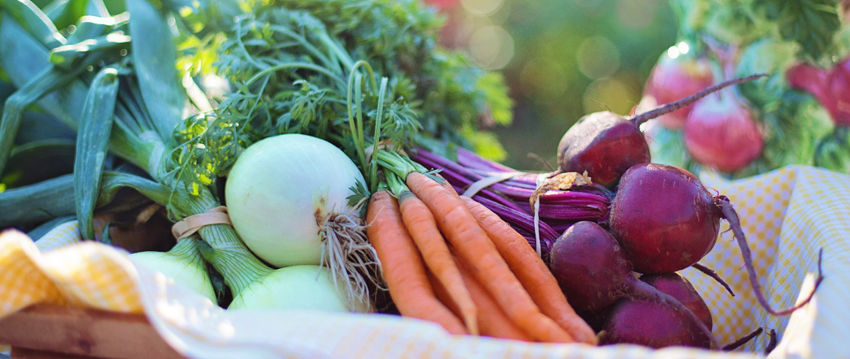
Veganism is on the rise in the UK, but have your heard of vegan gardening? Nicky Roeber, Online Horticultural Expert at Wyevale Garden Centres, is here to explain more.
The vegan lifestyle is a growing movement, and it shows no signs of slowing down. But it's not just about avoiding the consumption of animal products, it's also about keeping animal wellbeing in mind in everything you do. An example of this is vegan gardening, which avoids not only the use of toxic sprays and chemicals, but also manures and animal remains.
Instead of some of the typical products you might use in gardening, vegan gardening involves growing plants using plant-based compost, green manures, crop rotation, mulching, and sustainable pest control through the use of companion planting. This article offers a brief introduction to vegan gardening, so you can start incorporating some of these ideas into the way you operate.
Plant-based compost
Composting is a practice that is often championed by avid gardeners, and it's a great way to condition your soil without using products that harm animals. If you want good growth, you want good soil, and using organic compost is a great way to add nutrients back into the soil between growing seasons. Composting is essentially a form of recycling: taking organic waste and allowing it to decompose to help feed other plants.
Compost can come from a range of sources, including lawnmower waste, plant scraps, leaves, leftover food, as well as cardboard and paper. You'll typically want a 50/50 mix between greens and browns. For more information on composting, read our guide to composting. You can pick up a compost bin fairly cheaply and begin the process right now. You can generally leave the bin alone, but it's wise to turn it at least every month or so as air helps the composting process.
Natural fertiliser
You can also increase the nutrients in your soil by making green manure. To do this, you need a plant that grows quickly and is nitrogen-fixing, meaning it takes nitrogen out of the air and turns it into ammonia. Examples of this are clover, sweet peas and lupins. Nitrogen is important for quick growth and also increases seed and fruit production. If you plant these crops between seasons, you will bring nitrogen back into the soil ready for the next set of crops.
If you don’t have time for this, you can simply buy vegan fertiliser. There are many on the market that are used for different purposes, but you'll want to look out for the N-P-K symbols, which tell you how much nitrogen, phosphorous, and potassium is in the fertiliser. These nutrients are macro-nutrients, which are required for plant growth. Nitrogen is important for leaf development, phosphorous is important for bulb and flower development, and potassium is necessary for overall plant health and disease resistance.
Keeping pests away
Ensuring that pests don't destroy your plants without harming them is a key part of vegan gardening. As you can't use pesticides, you'll need to get a little more creative. Crop rotation — planting different crops in different seasons — can help to control pests, as a change of crop makes it harder for them to propagate. Keeping your vegetable patch nice and tidy will make it harder for animals like slugs to hide, and they'll be easier to keep on top of. You might also consider using copper tape, bran, and sharp stones to deter them.
You can plant a few trap crops that are used specifically to attract pests away from your main crops. What you choose will depend on which pests you are trying to trap, and this largely comes down to a lot of trial and error. What quantity you need will also depend on the specific pest you're trying to control. Most gardeners using this technique tend to make sure about that trap crops make up around 20% of their overall crop. For a list of which plants can help each other, find out more on Wikipedia.
Get rid of the animal
products, scrap the pesticides, and incorporate some of these vegan gardening
tips into your repertoire. Follow this guide and you'll be able to grow
everything in a cruelty-free way.
See our range of Vegan, UK made Gardening Pouches here
And food wall charts here
Vegan Food of Love for Valentines
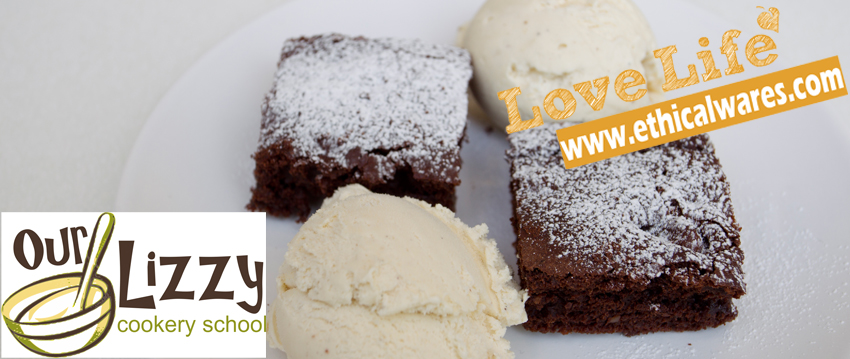
How about this delish vegan delight for someone special this Valentine’s Day from the famous Our Lizzy Cookery School here
Our Lizzy’s Chocolate Brownies
• 150g plain flour
• 50g cocoa powder
• 2 tsp baking powder
• 150g soft brown sugar
• ¾ cup soya milk
• ¼ cup sunflower oil
• ½ cup of water or cold strong black coffee
• 50g chopped walnuts/sultanas
• 100g chocolate chips
1 - Preheat oven to 180°C/Gas mark 4. Grease and line a brownie tin (20cm/8 inch square).
2 - Sift and mix the flour, cocoa, baking powder and sugar in a large bowl.
3 - Combine the liquid ingredients in another bowl or jug. Add the liquid mixture to the dry ingredients and mix thoroughly.
4 - Add some the walnuts or sultanas if using along with the chocolate chunks. Pour into the prepared cake tin.
5 - Bake for about 25 minutes. Take care not to over cook them, so, unlike cakes; you don’t want a skewer to come out clean. The brownies should be springy on top, but slightly gooey in the middle.
6 - Allow to cool for at least 10 minutes. Cut into quarters, then cut each quarter into four squares. Dust with cocoa powder or icing sugar and serve.

